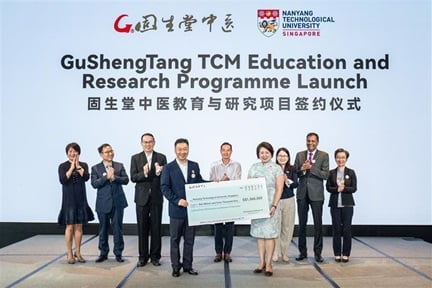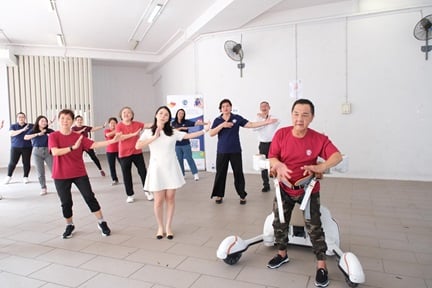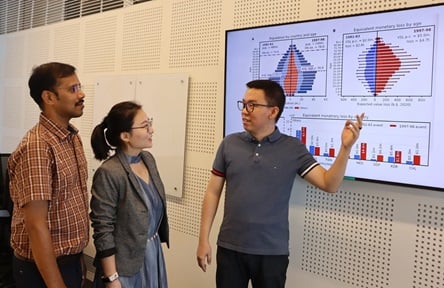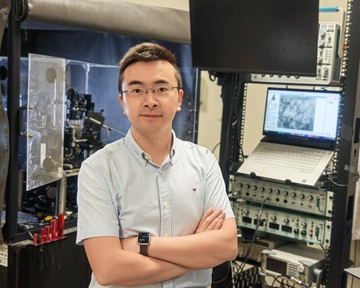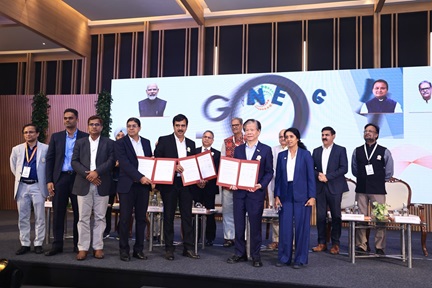MOU to study and develop floating new hybrid renewable energy system
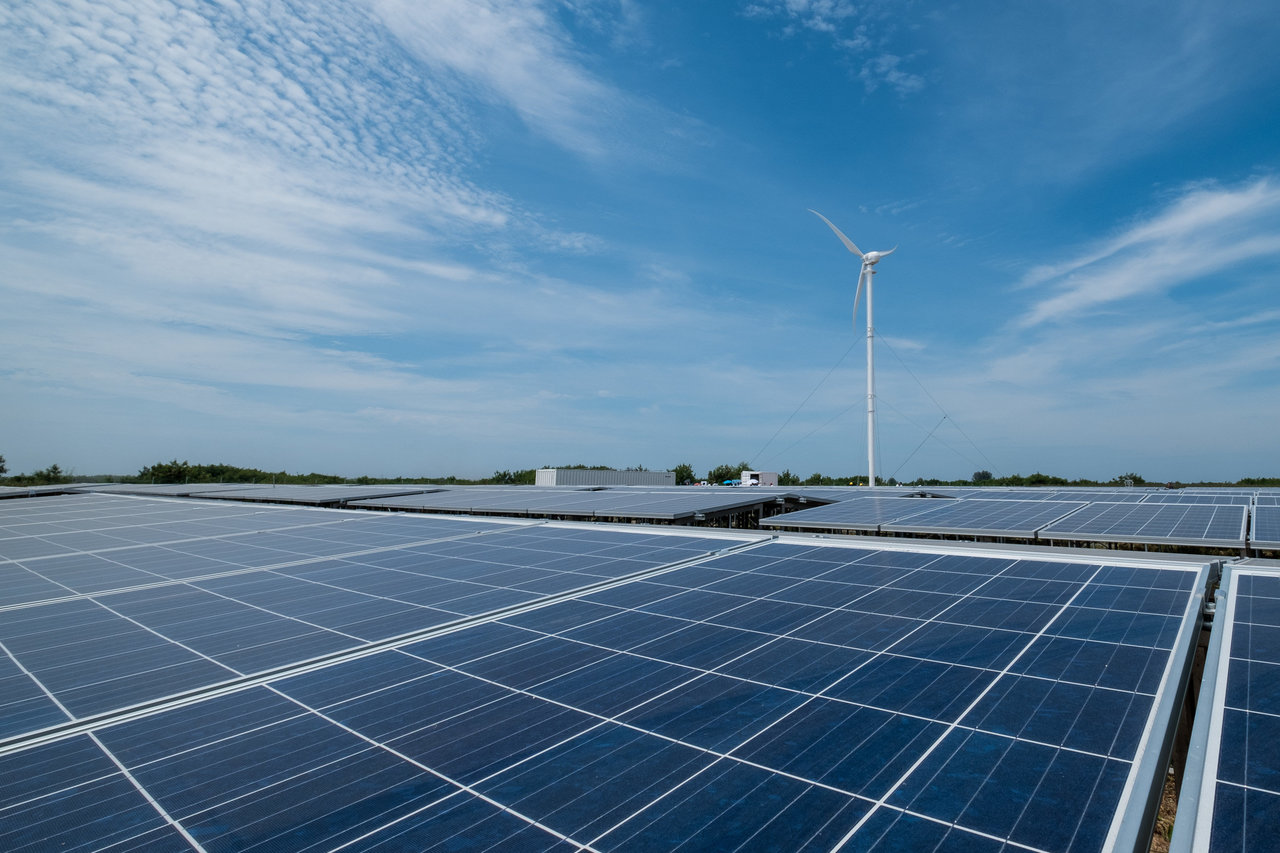
A joint study for a new floating hybrid renewable energy system (RES) – capable of harnessing solar, wave, tides and wind to generate electricity - will be done in Singapore, by scientists from Keppel Infrastructure, National University of Singapore (NUS) and Nanyang Technological University, Singapore (NTU Singapore).
KepInfra Energy Transition Centre (KETC) at Keppel Infrastructure, Solar Energy Research Institute of Singapore (SERIS) at NUS, and the Energy Research Institute @ NTU (ERI@N) have signed a Memorandum of Understanding (MOU) for a joint-study, which will assess the technological and economic feasibility of the floating hybrid RES.
The floating hybrid RES concept comprises modular offshore floating solar platforms with the flexibility to integrate other renewable energy technologies, such as ocean wave energy conversion systems, tidal energy turbines and paddles, as well as wind turbines.
The study entails exploring the deployment of the system at a particular offshore test site in Singapore waters, subject to the relevant regulatory approvals.
If successful, the parties plan to design and deploy a pilot system with at least 100 MW of renewable power generation capacity which can be scaled up over time. After implementing the novel system in Singapore, the aim is to roll-out the floating hybrid RES innovation to other regions in Asia and beyond.

